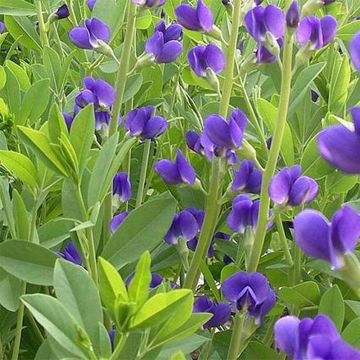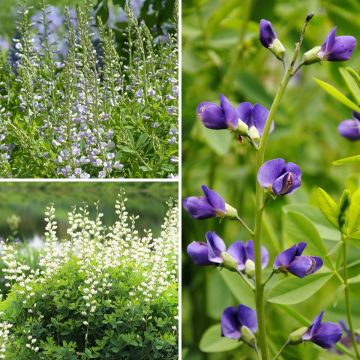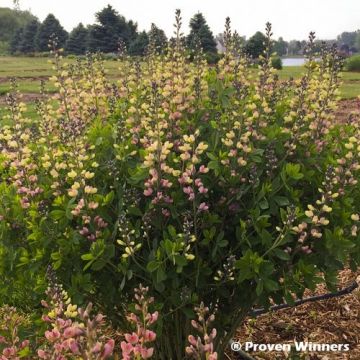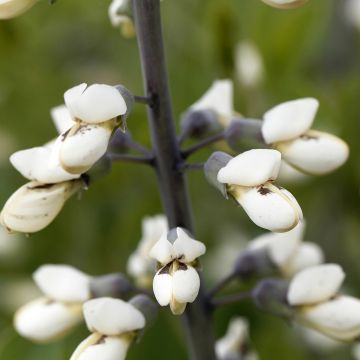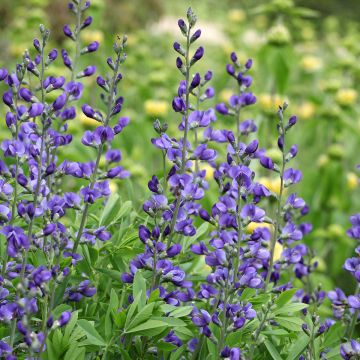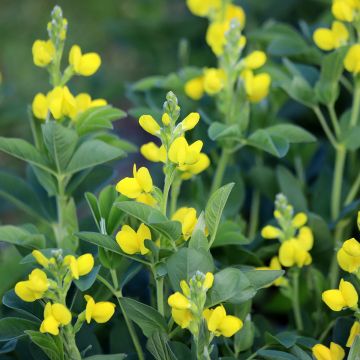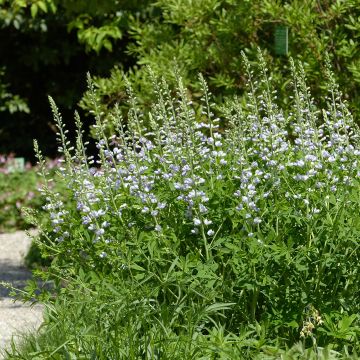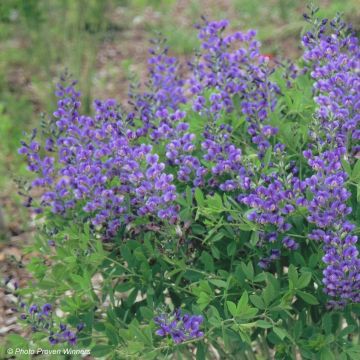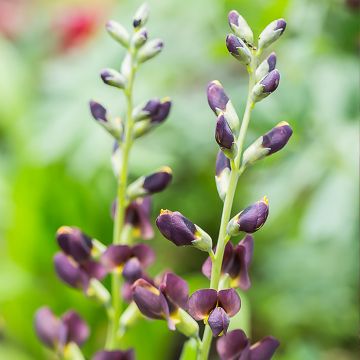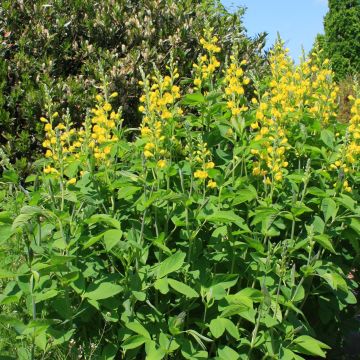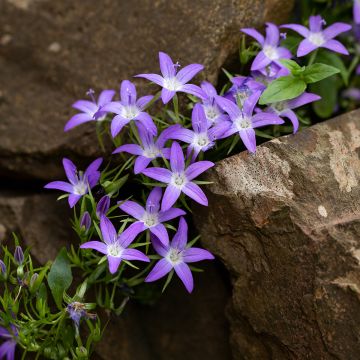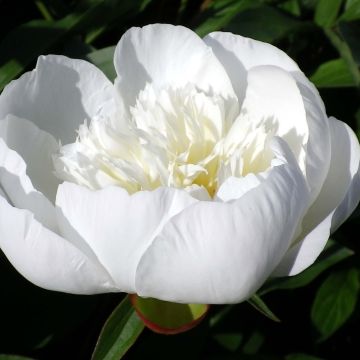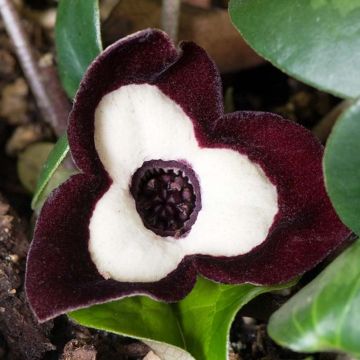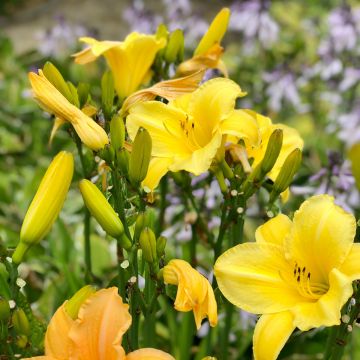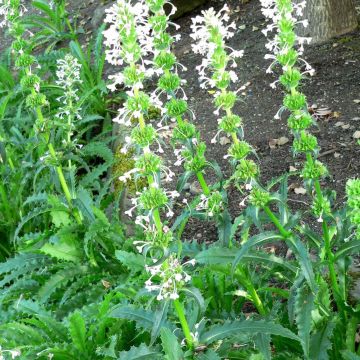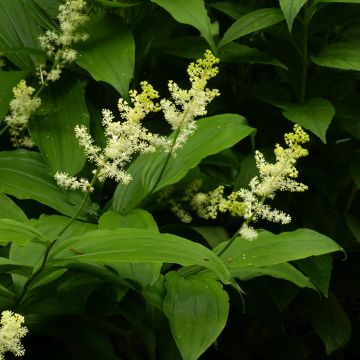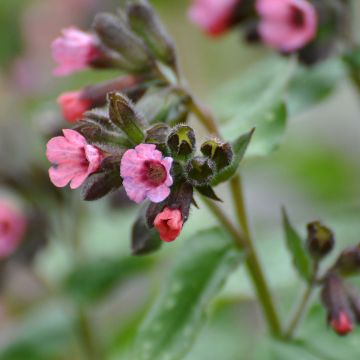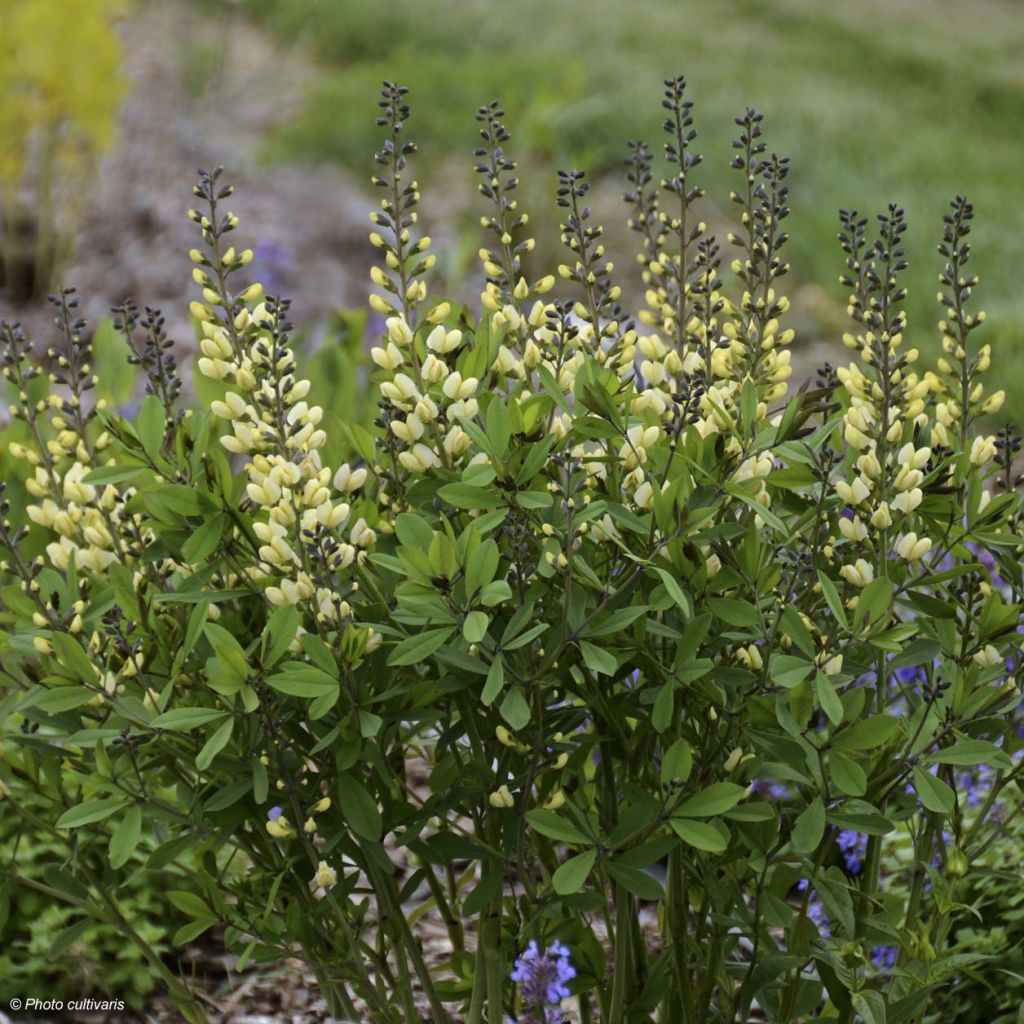

Baptisia Decadence Series Vanilla Cream - False Indigo
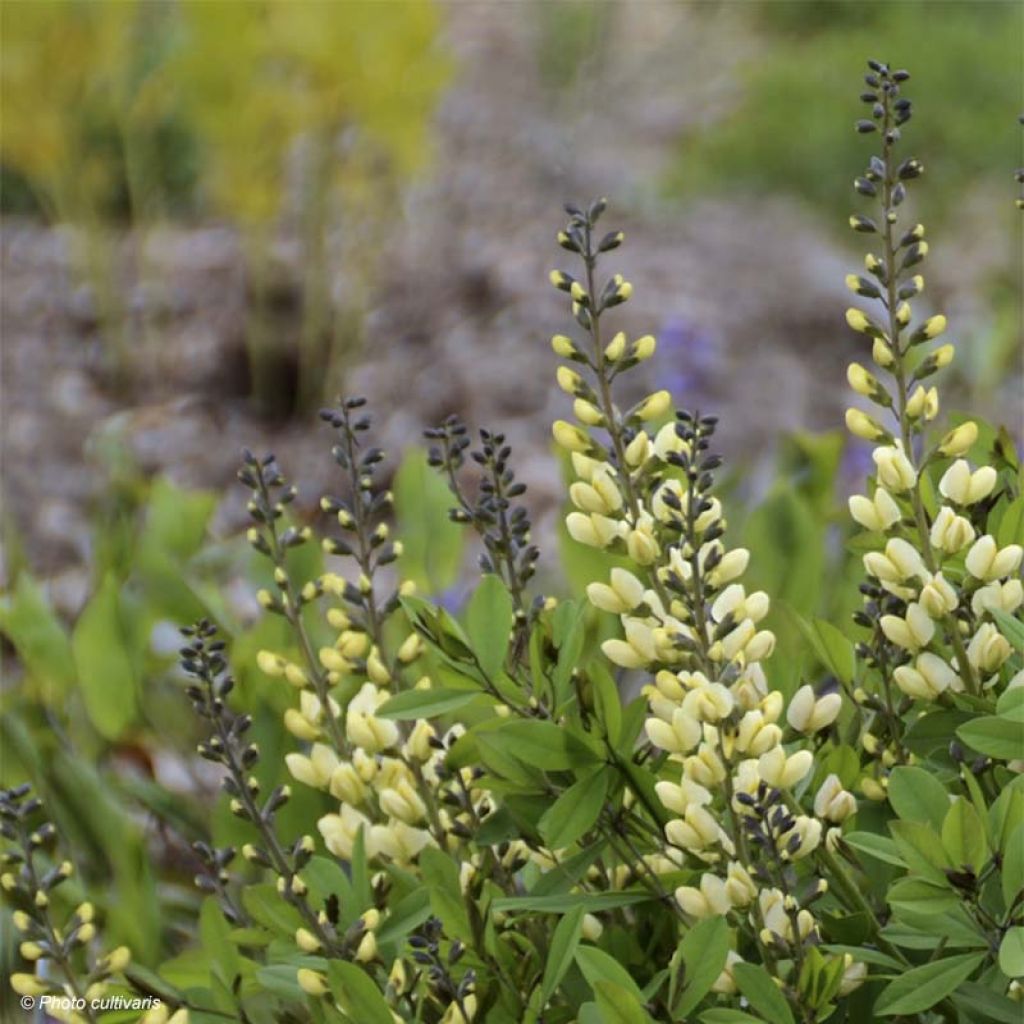

Baptisia Decadence Series Vanilla Cream - False Indigo
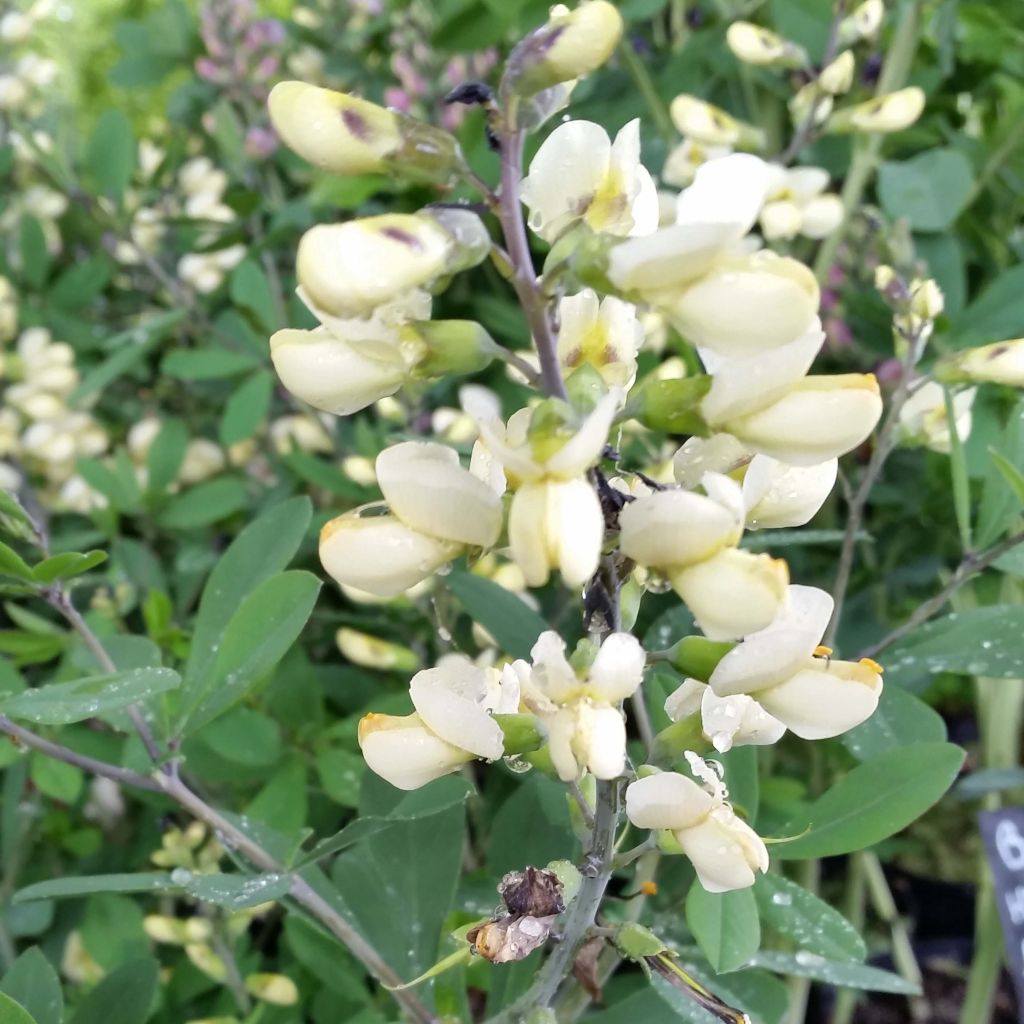

Baptisia Decadence Series Vanilla Cream - False Indigo
Baptisia Decadence Series Vanilla Cream - False Indigo
Baptisia x australis Decadence ® Vanilla Cream
False Indigo, Blue Wild Indigo
Special offer!
Receive a €20 voucher for any order over €90 (excluding delivery costs, credit notes, and plastic-free options)!
1- Add your favorite plants to your cart.
2- Once you have reached €90, confirm your order (you can even choose the delivery date!).
3- As soon as your order is shipped, you will receive an email containing your voucher code, valid for 3 months (90 days).
Your voucher is unique and can only be used once, for any order with a minimum value of €20, excluding delivery costs.
Can be combined with other current offers, non-divisible and non-refundable.
Home or relay delivery (depending on size and destination)
Schedule delivery date,
and select date in basket
This plant carries a 12 months recovery warranty
More information
We guarantee the quality of our plants for a full growing cycle, and will replace at our expense any plant that fails to recover under normal climatic and planting conditions.
Would this plant suit my garden?
Set up your Plantfit profile →
Description
Baptisia 'Vanilla Cream' is an excellent perennial for poor and dry soil, also known as the Indigo Lupin. It is a hybrid variety belonging to the 'Decadence' series, developed very recently in the USA. It stands out for its particularly compact habit, in a dense clump, its young bronze foliage, and its generous flowering in pastel and bright colours: a very pale yellow, made of a mix of pale yellow buds and white-cream pea-like flowers. The floral spikes appear in late spring, for 3 weeks, and are grouped at the top of blue-green alfalfa-like foliage with an interesting texture, even outside of the flowering period. This false lupin will be cultivated without worries in full sun, in well-drained, light, even poor and dry in summer soil.
Baptisia 'Vanilla Cream' is a perennial plant from the Fabaceae family resulting from long research and hybridization work. Its ancestors, including the most well-known, Baptisia australis, are all native to the prairies and woods of the eastern and central United States. They grow among tall grasses, without any fuss, perfectly tolerating frost and dry summers.
The 'Vanilla Cream' variety forms a bushy and branched clump that does not exceed 80cm (32in) in all directions. The flowering takes place in June, in the form of spikes of butterfly-like flowers in cream and vanilla ice cream tones, very visited by butterflies. The young foliage of this variety has a rather original bronze colour. Deciduous in winter, it is very ornamental when swaying in the wind. It is composed of leaves divided into three large rounded leaflets, slightly bluish green, resembling those of alfalfa or clover. This Baptisia, like many plants of the Fabaceae family, secretly develops a powerful and deep root system underground, capable of fixing nitrogen from the air through specific bacteria housed in small nodules. This plant, as perennial as many shrubs, slowly widens over time.
Baptisias are close cousins of lupins, which are much better known in Europe, but perhaps have a more natural, graceful appearance, and above all, are much less demanding in terms of soil and moisture than their cousins. They have very robust roots that allow them to live long in our gardens but require time to establish themselves. A true all-terrain plant, the 'Vanilla Cream' indigo lupin, with its modest stature, will find its place in a city garden, a romantic bed, a dry garden, or in natural areas. It is also useful for decorating a degraded land, which often surrounds a recently built house. It looks stunning alongside roses ('Alissar, Princess of Phoenicea', 'The Fairy'...), Camassia leichtlinii 'Alba Semiplena', Eremurus himalaicus, or Allium bulgaricum. It also pairs well with purple toadflaxes or hybrid mulleins and spectacularly with hollyhocks.
Report an error about the product description
Baptisia Decadence Series Vanilla Cream - False Indigo in pictures
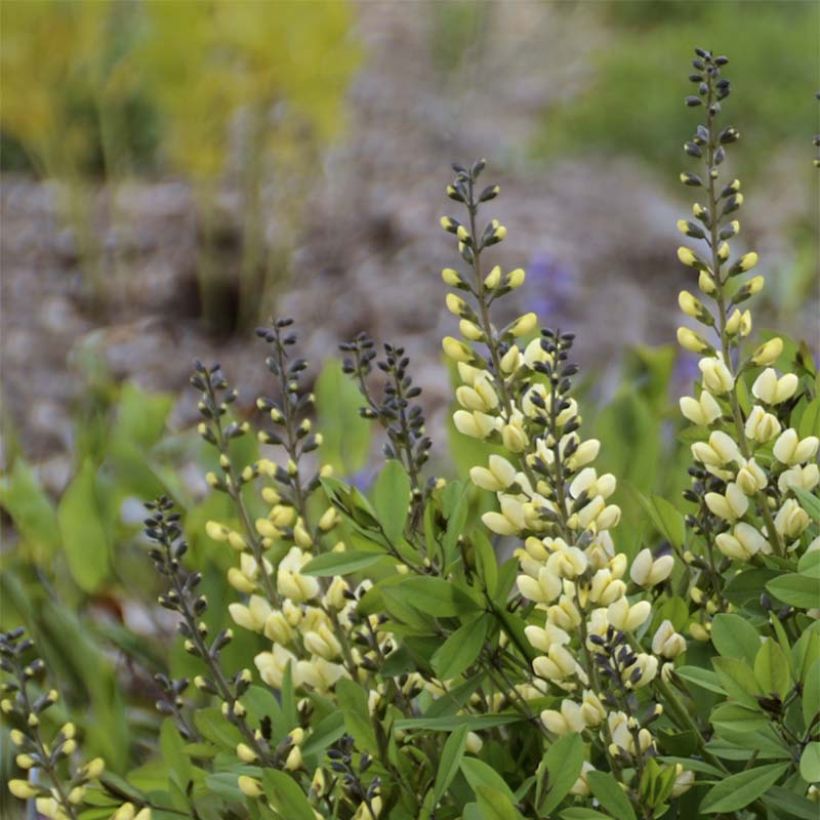

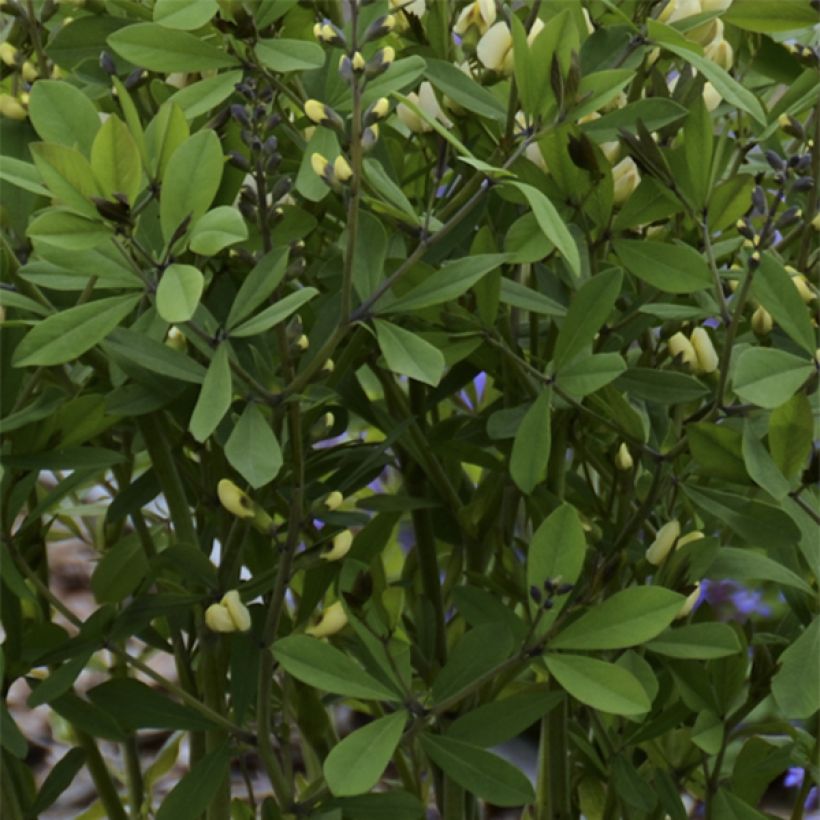

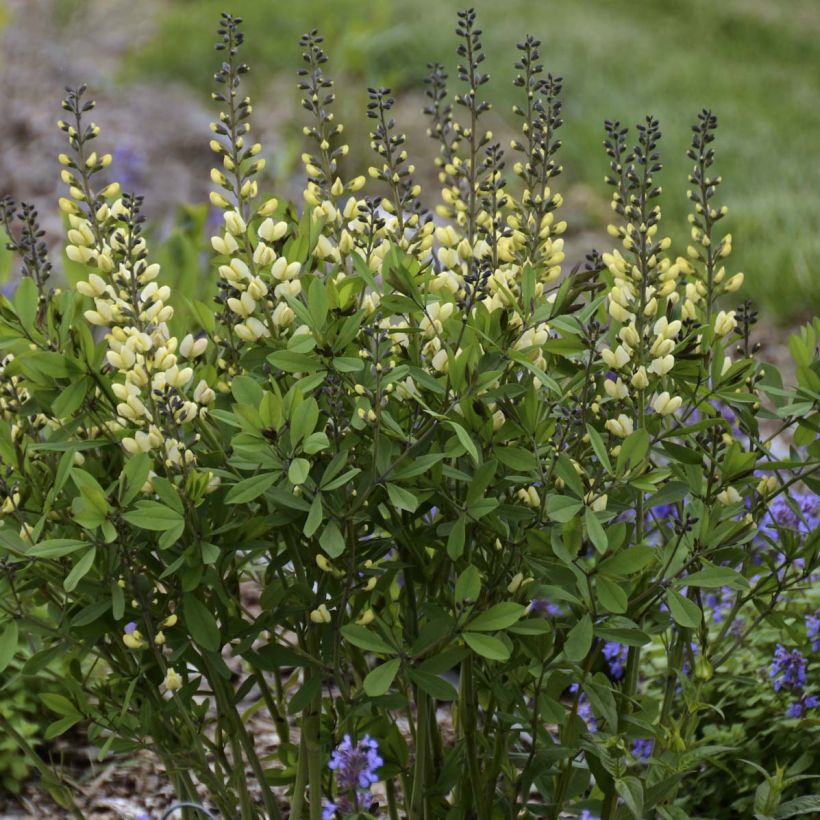

Flowering
Foliage
Plant habit
Safety measures
Botanical data
Baptisia
x australis
Decadence ® Vanilla Cream
Fabaceae
False Indigo, Blue Wild Indigo
Cultivar or hybrid
ingestion
Cette plante est toxique si elle est ingérée volontairement ou involontairement.
Ne la plantez pas là où de jeunes enfants peuvent évoluer, et lavez-vous les mains après l'avoir manipulée.
Pensez à conserver l'étiquette de la plante, à la photographier ou à noter son nom, afin de faciliter le travail des professionnels de santé.
Davantage d'informations sur https://plantes-risque.info
Other Baptisia
View all →Planting and care
Growing Baptisia 'Vanilla Cream' requires a bit of skill to succeed smoothly:
Not very tolerant of chalky soils, this tall perennial appreciates light and well-drained soils, but can tolerate summer drought.
In the first year of growth, the plant may seem to stagnate, which is normal. Young Baptisia plants have very slow growth, and their taproot is particularly fragile until it is deeply anchored in the soil. Make sure not to damage it during planting! Also, do not leave a young plant in its bucket for too long: the taproot could bend when reaching the bottom.
Optionally, add a small handful of phosphate fertilizer (it stimulates root growth) mixed with the soil at the time of planting. Add 1/3 sand and 1/3 gravel to heavy soil to ensure good drainage, which is essential. Water sparingly in the first year.
In the second or third year, the plant will be established, require no special care, and can flower abundantly for many years!
Be careful, voles also seem to enjoy its fleshy roots...
Planting period
Intended location
Care
This item has not been reviewed yet - be the first to leave a review about it.
Similar products
Haven't found what you were looking for?
Hardiness is the lowest winter temperature a plant can endure without suffering serious damage or even dying. However, hardiness is affected by location (a sheltered area, such as a patio), protection (winter cover) and soil type (hardiness is improved by well-drained soil).

Photo Sharing Terms & Conditions
In order to encourage gardeners to interact and share their experiences, Promesse de fleurs offers various media enabling content to be uploaded onto its Site - in particular via the ‘Photo sharing’ module.
The User agrees to refrain from:
- Posting any content that is illegal, prejudicial, insulting, racist, inciteful to hatred, revisionist, contrary to public decency, that infringes on privacy or on the privacy rights of third parties, in particular the publicity rights of persons and goods, intellectual property rights, or the right to privacy.
- Submitting content on behalf of a third party;
- Impersonate the identity of a third party and/or publish any personal information about a third party;
In general, the User undertakes to refrain from any unethical behaviour.
All Content (in particular text, comments, files, images, photos, videos, creative works, etc.), which may be subject to property or intellectual property rights, image or other private rights, shall remain the property of the User, subject to the limited rights granted by the terms of the licence granted by Promesse de fleurs as stated below. Users are at liberty to publish or not to publish such Content on the Site, notably via the ‘Photo Sharing’ facility, and accept that this Content shall be made public and freely accessible, notably on the Internet.
Users further acknowledge, undertake to have ,and guarantee that they hold all necessary rights and permissions to publish such material on the Site, in particular with regard to the legislation in force pertaining to any privacy, property, intellectual property, image, or contractual rights, or rights of any other nature. By publishing such Content on the Site, Users acknowledge accepting full liability as publishers of the Content within the meaning of the law, and grant Promesse de fleurs, free of charge, an inclusive, worldwide licence for the said Content for the entire duration of its publication, including all reproduction, representation, up/downloading, displaying, performing, transmission, and storage rights.
Users also grant permission for their name to be linked to the Content and accept that this link may not always be made available.
By engaging in posting material, Users consent to their Content becoming automatically accessible on the Internet, in particular on other sites and/or blogs and/or web pages of the Promesse de fleurs site, including in particular social pages and the Promesse de fleurs catalogue.
Users may secure the removal of entrusted content free of charge by issuing a simple request via our contact form.
The flowering period indicated on our website applies to countries and regions located in USDA zone 8 (France, the United Kingdom, Ireland, the Netherlands, etc.)
It will vary according to where you live:
- In zones 9 to 10 (Italy, Spain, Greece, etc.), flowering will occur about 2 to 4 weeks earlier.
- In zones 6 to 7 (Germany, Poland, Slovenia, and lower mountainous regions), flowering will be delayed by 2 to 3 weeks.
- In zone 5 (Central Europe, Scandinavia), blooming will be delayed by 3 to 5 weeks.
In temperate climates, pruning of spring-flowering shrubs (forsythia, spireas, etc.) should be done just after flowering.
Pruning of summer-flowering shrubs (Indian Lilac, Perovskia, etc.) can be done in winter or spring.
In cold regions as well as with frost-sensitive plants, avoid pruning too early when severe frosts may still occur.
The planting period indicated on our website applies to countries and regions located in USDA zone 8 (France, United Kingdom, Ireland, Netherlands).
It will vary according to where you live:
- In Mediterranean zones (Marseille, Madrid, Milan, etc.), autumn and winter are the best planting periods.
- In continental zones (Strasbourg, Munich, Vienna, etc.), delay planting by 2 to 3 weeks in spring and bring it forward by 2 to 4 weeks in autumn.
- In mountainous regions (the Alps, Pyrenees, Carpathians, etc.), it is best to plant in late spring (May-June) or late summer (August-September).
The harvesting period indicated on our website applies to countries and regions in USDA zone 8 (France, England, Ireland, the Netherlands).
In colder areas (Scandinavia, Poland, Austria...) fruit and vegetable harvests are likely to be delayed by 3-4 weeks.
In warmer areas (Italy, Spain, Greece, etc.), harvesting will probably take place earlier, depending on weather conditions.
The sowing periods indicated on our website apply to countries and regions within USDA Zone 8 (France, UK, Ireland, Netherlands).
In colder areas (Scandinavia, Poland, Austria...), delay any outdoor sowing by 3-4 weeks, or sow under glass.
In warmer climes (Italy, Spain, Greece, etc.), bring outdoor sowing forward by a few weeks.






























